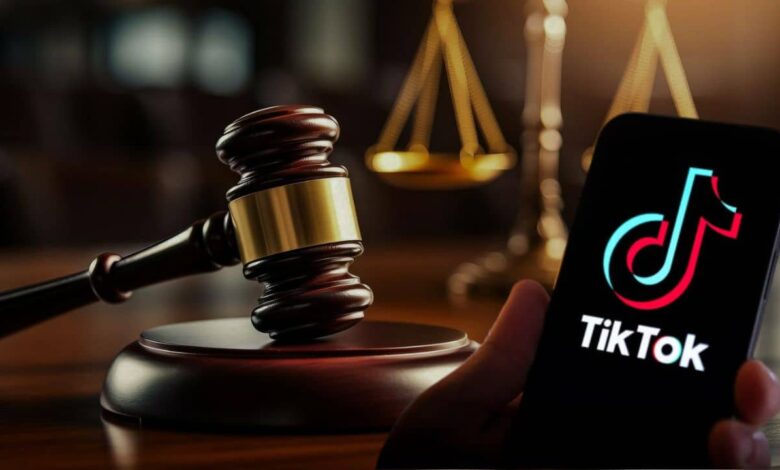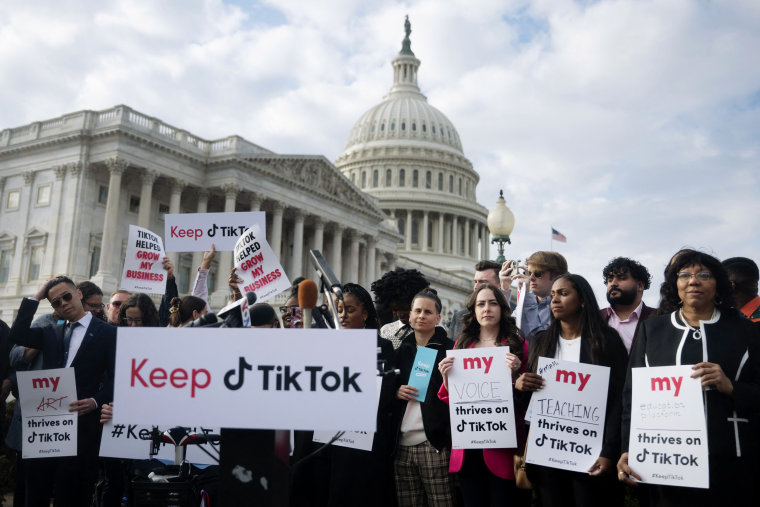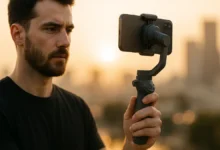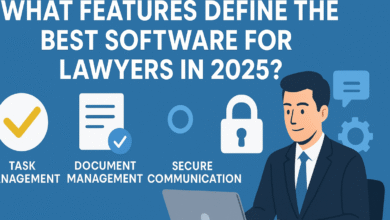TikTok Ban Petition: The Global Tug-of-War Over Digital Expression

Explore the growing movement behind the TikTok ban petition, why it matters, who’s supporting it, and how it could reshape the future of social media around the world.
The Rise of the TikTok Ban Petition Movement
It’s no secret that TikTok has become a cultural phenomenon, reshaping how we consume content and communicate online. Yet behind the viral dances and trending challenges, a serious movement has gained momentum — the tiktok ban petition. This global wave of digital activism is calling for stricter regulation, or in some cases, a complete ban of the platform.
Supporters of the tiktok ban petition cite national security concerns, data privacy issues, and the psychological effects of addictive content. Governments in several countries have been put under pressure as petitions gain signatures by the millions. At the heart of it all lies a critical debate about the limits of online freedom and the responsibility of tech giants.
As this conversation evolves, it’s important to understand both sides — those who want to ban the platform entirely, and those who believe censorship is not the answer. The tiktok ban petition is more than a complaint; it’s a sign of how seriously societies are starting to take digital wellness, data sovereignty, and online ethics.
Why Are People Signing the TikTok Ban Petition?
The reasons behind the surge in popularity of the tiktok ban petition are as varied as the users who sign them. For some, it’s about protecting minors from inappropriate content. Others are worried about the psychological effects of endless scrolling and viral trends that glorify risky behaviors. And then there are those concerned about what TikTok does with all the user data it collects.
In many cases, parents and educators are leading the charge. They argue that TikTok’s algorithm is too powerful, curating content that can influence young minds in negative ways. From body image issues to attention span problems, the platform’s influence is under scrutiny. The tiktok ban petition becomes a tool to raise collective voices and push for accountability.
There’s also the geopolitical angle. Several nations are reevaluating their relationship with apps that originate outside their borders — especially when those apps collect massive amounts of personal data. TikTok, being a Chinese-owned company, has faced accusations of sharing information with the Chinese government. While the platform denies these claims, the fear is strong enough to fuel countless petitions.
TikTok’s Response to the Petition Movement

Naturally, TikTok hasn’t been silent in response to the growing wave of ban petitions. The company has invested heavily in public relations campaigns, emphasizing its commitment to transparency and user safety. They’ve opened data centers in various countries to demonstrate that they are serious about data localization.
TikTok also highlights its community guidelines, moderation policies, and investment in artificial intelligence that filters out harmful content. The platform frequently updates its safety features to address concerns raised by both governments and everyday users. Despite this, the tiktok ban petition trend continues to rise, signaling that these efforts may not be enough to rebuild public trust.
To further defuse tension, TikTok has partnered with mental health organizations, fact-checkers, and educational institutions. But critics argue that these actions feel reactive rather than proactive. For many, it’s not just about whether TikTok is harmful — it’s about whether any single app should hold so much power over public opinion and youth culture.
Countries Reacting to TikTok Ban Petitions
Around the world, the response to TikTok ban petitions varies widely. Some countries have already banned the platform on government devices, citing cybersecurity threats. Others are considering full bans, particularly when the petition movements gain significant public traction.
India was one of the first major countries to implement a total ban, citing national security concerns and data privacy issues. This decision was largely influenced by a strong tiktok ban petition movement within the country. In contrast, nations like the United States and the United Kingdom are still debating the issue, weighing civil liberties against cybersecurity risks.
There are also countries that have dismissed the tiktok ban petition altogether, viewing it as a form of censorship. They argue that the real issue lies not in banning the app, but in teaching digital literacy and self-control. In this debate, TikTok becomes a symbol — a lightning rod for broader anxieties about the internet and its role in modern life.
The Power of Digital Petitions in Modern Democracy
What makes the tiktok ban petition especially powerful is how it represents a new form of grassroots democracy. In the age of the internet, people don’t need to march on the streets to make their voices heard — they just need to sign their name on a digital form. That’s what’s happening with this movement.
Platforms like Change.org, Avaaz, and government-hosted portals are enabling users to push for legislative action with a few clicks. A well-crafted tiktok ban petition can spark media coverage, reach policymakers, and influence public debate. It’s citizen activism in real-time.
However, critics warn that digital petitions can create a false sense of impact. Not all petitions lead to legislative change, and some are ignored altogether. But when combined with other actions like protests, social media campaigns, and political lobbying, they become much harder to dismiss.
Is Banning TikTok the Right Move?

Here’s where things get tricky. While the tiktok ban petition represents real concerns, many experts argue that an outright ban may not be the best solution. Banning a platform doesn’t address the root problems — like misinformation, poor digital literacy, or exploitative algorithms. It simply removes the symptom, not the cause.
Others believe a better route would be stronger regulation. Governments could enforce stricter data protection laws, demand algorithmic transparency, or fine companies that violate ethical standards. These measures would keep TikTok in check without stripping away user access or creative freedom.
At the end of the day, banning TikTok could set a dangerous precedent. If one app is banned for data misuse, what stops others from facing the same fate? And what happens to freedom of expression in that process? The tiktok ban petition might be valid, but the response needs to be thoughtful, not reactionary.
Table: Countries and Their TikTok Stance
| Country | Ban Status | Reason |
|---|---|---|
| India | Full Ban | Data privacy & national security |
| United States | Partial (Gov. use) | Data security concerns |
| Australia | Reviewing Status | Ongoing investigations |
| UK | Partial (Gov. use) | Tech safety concerns |
| Canada | Partial (Gov. use) | Cybersecurity review |
Expert Quote
“Petitions are a reflection of public emotion. But when it comes to tech platforms like TikTok, we need both emotion and policy to strike the right balance.”
– Dr. Meera Sinha, Digital Ethics Analyst
Frequently Asked Questions (FAQs)
What is the TikTok ban petition about?
The tiktok ban petition is a public campaign where users are demanding the restriction or complete ban of the TikTok app due to concerns around data privacy, national security, and harmful content.
Is TikTok banned anywhere because of these petitions?
Yes, countries like India have banned TikTok entirely, and others like the United States and UK have placed restrictions on government-issued devices, partly influenced by these petitions.
Are TikTok ban petitions legally binding?
No, they are not legally binding. However, they can influence public policy, trigger investigations, and put pressure on lawmakers to act.
Can banning TikTok actually solve the problems users are worried about?
Not entirely. Banning may stop immediate concerns, but deeper issues like digital addiction and misinformation require broader solutions like education, regulation, and platform accountability.
How many signatures does a petition need to be considered?
It depends on the platform and the governing body. Some governments respond to petitions that reach a certain threshold of signatures, but there’s no universal rule.
Conclusion
The tiktok ban petition isn’t just about one app — it’s about the future of the internet, privacy, and online ethics. As the debate rages on, it’s crucial to consider both sides and aim for balanced solutions. Whether TikTok stays or goes, the conversation it has sparked will influence digital policy for years to come.





